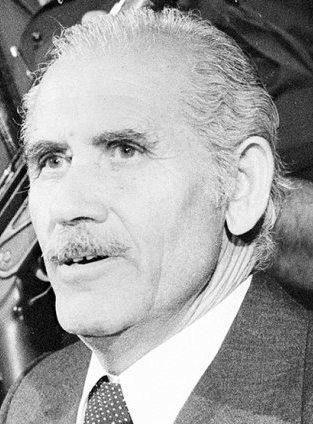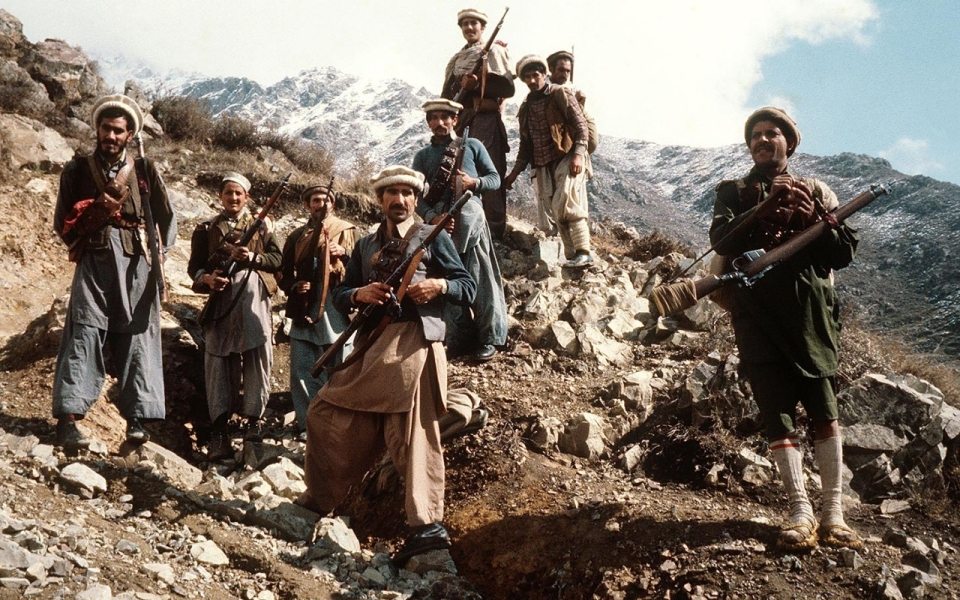Review of a BBC2 documentary from 2012 by Mark Langabeer (Hastings and Rye CLP)
This programme, originally broadcast nine years ago (see here), is an account of the history of so-called great powers’ attempts at invasion of Afghanistan and its ultimate failure. Rory Stewart, a former Tory cabinet minister, gave a personal view on the likely outcome of the American led coalition forces that were occupying Afghanistan and has been proven entirely correct. Arguably, he could be described as a more intelligent member of the establishment. His fall from grace within the Tory Party was due to his opposition to Brexit, another massive foreign policy blunder.
Stewart describes Afghanistan as a country that has a barren landscape with many mountains. There are around 20,000 villages, each having a tribal leader. His own experience of Afghans was their warm and generous nature. I remember that in the late 60’s, an Afghan coat was the fashion for many British youth, and Afghanistan was the centre for hippie culture. Today, Afghanistan has the reputation for terrorism and military conflict.
Resistance movement
The first of a two-series programme, broadcast on BBC 2, gave an account of Britain’s occupation in Kabul during the 19th century. The motive was to prevent Russian imperialism from threatening the ‘jewel in the crown’ of the British Empire, India. The toppling of the king in Afghanistan led to a resistance movement that defeated the British forces. General Roberts, the head of British forces within the region, stated that the less they see of us, the less they dislike us. A deal was struck, whereby the British provided a subsidy to the new king. In return, the king would resist Russian involvement in the region.
Stewart states that Afghanistan enjoyed a period of peace, lasting over 50 years. It remained neutral during WW2 and became increasingly secular, especially in Kabul. The revolution in 1978 brought to power a communist government under the leadership of Taraki. One aspect of their programme was education for all and equal rights for women. This brought them into conflict with many mullahs that had influence in the villages.
Communist take-over
Stewart states that the news of a communist take-over in Afghanistan was treated with trepidation, rather than the popping of champagne corks within the Kremlin. Records indicate that there were misgivings within the Soviet leadership about invading to shore up the government in Kabul. The assassination of Taraki appeared to be the turning point and a war broke out between the USSR and the resistance movement led by a group called the Mujahadeen. After nearly a decade of conflict, Soviet forces were forced to leave.

Stewart gave a good account of the role played by the CIA, Zia (the Pakistan dictator), the Saudis, as well as wealthy individuals, in arming the Mujahadeen. He interviewed a former general of the Soviet army who pointed out that they had only encountered small arms fire in the early stages of the conflict, but later, they faced anti-tank missiles, rocket launchers and mines. Stewart interviewed a former head of CIA covert operations, who said that Zia only wanted a low-profile involvement because he feared an attack by Soviet forces.
Taliban triumphant
Following the withdrawal of Soviet forces, the communist government was overthrown and a civil war followed, lasting over five years. The Taliban were triumphant and implemented policies based upon Islamic fundamentalism, including barbaric practices, such as stoning women to death for adultery and the subjugation of women in general. However, these religious zealots were not only hostile to the atheists (communists), they hated the western powers too, in particular the USA. The desire of the US to win the Cold War, and for global dominance, created a Frankenstein’s monster, in the shape of Al Qaeda and other Islamist fundamentalists groups.
The attack on the Twin Towers with the loss of over 2,700 lives became the pretext for the US coalition forces to invade Afghanistan in 2001. The War on Terror had resulted (at the time of the programme in 2012) in the loss of over 25,000 Afghan lives. Stewart asked the former Soviet general for his advice. He stated that it was like fighting ghosts and advised the US to take the quickest route home.
Easy to enter – difficult to leave
History demonstrates that attempts to invade and implement regime change have always led to failure. Britain, the great power of the 19th century; the Red Army, which defeated the Nazis; and the military power of US in the 21st century all suffered defeats at the hands of the Afghans. Stewart concluded that it’s easy to enter, but difficult to leave.
After nearly 20 years, the withdrawal of US troops has led to the immediate collapse of the government and the return of Taliban rule. In my view, an invasion and bombing by foreign powers are not likely to endear them to those on the receiving end and sooner or later, will end in failure.
Ultimately, wars are a consequence of the drive for private profit and the control of resources. Only a voluntary socialist federation of all the world’s continents could end wars between the nation states.



